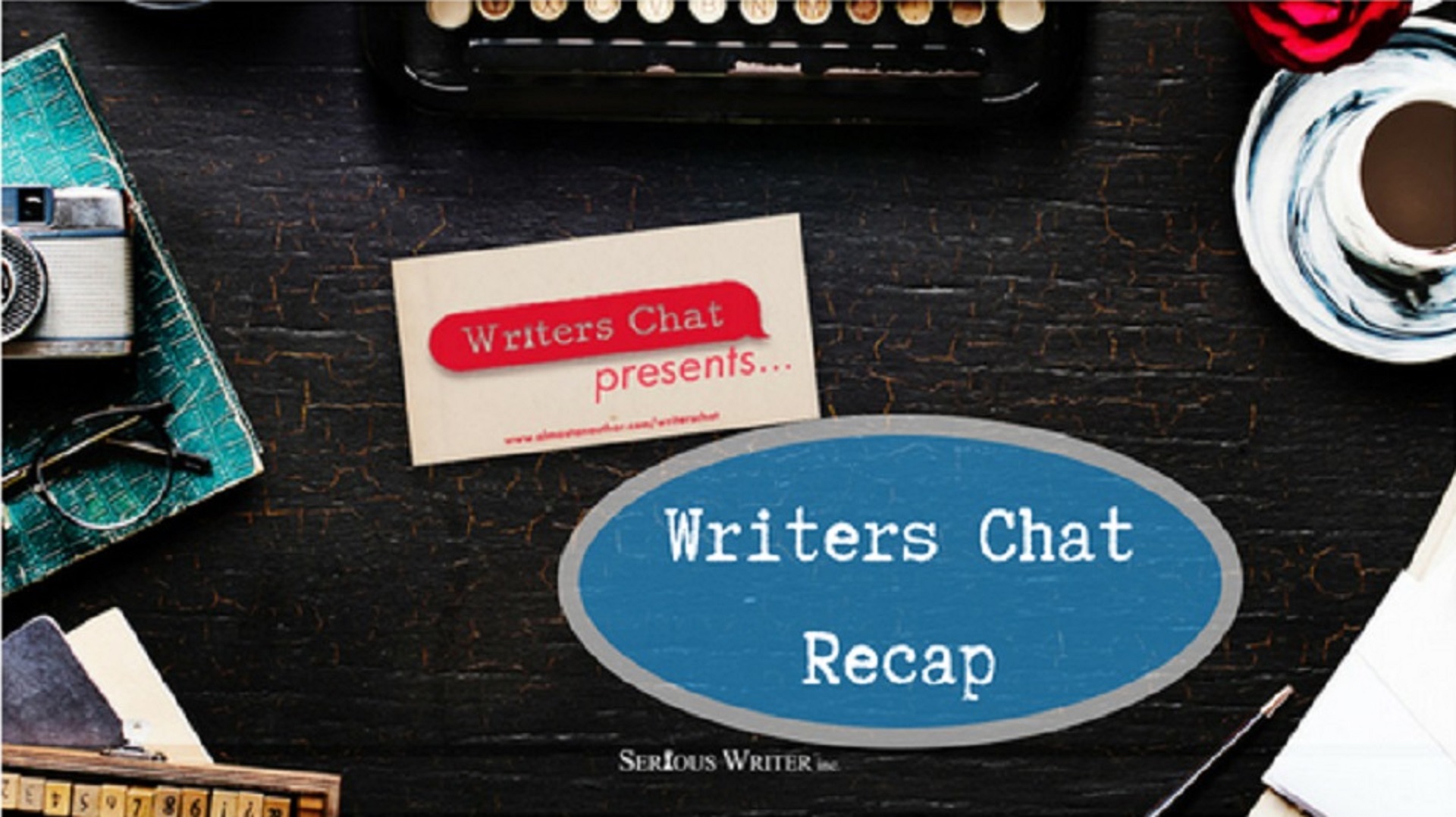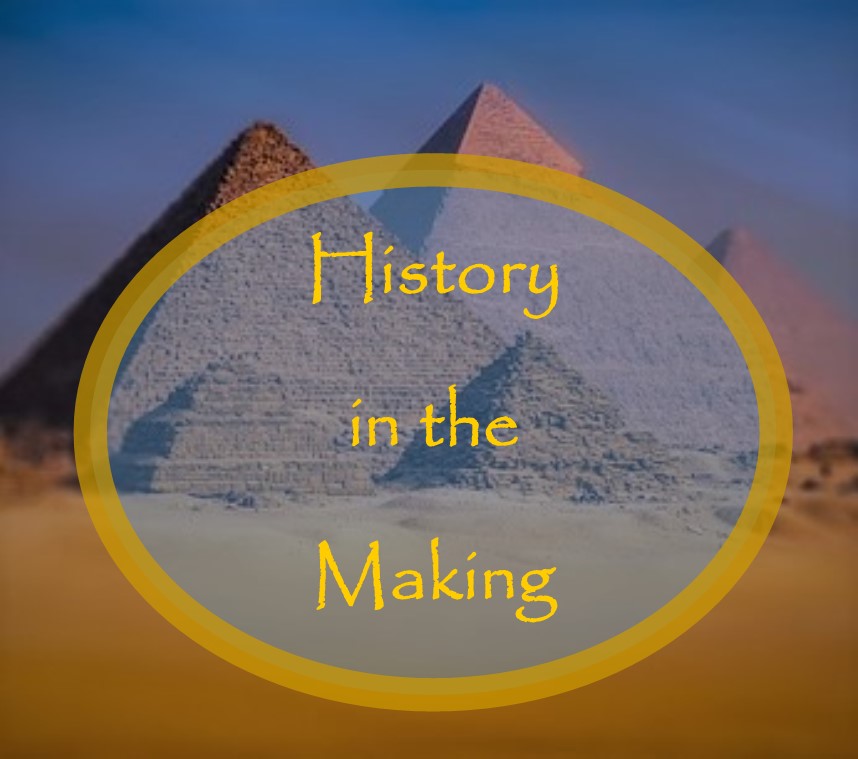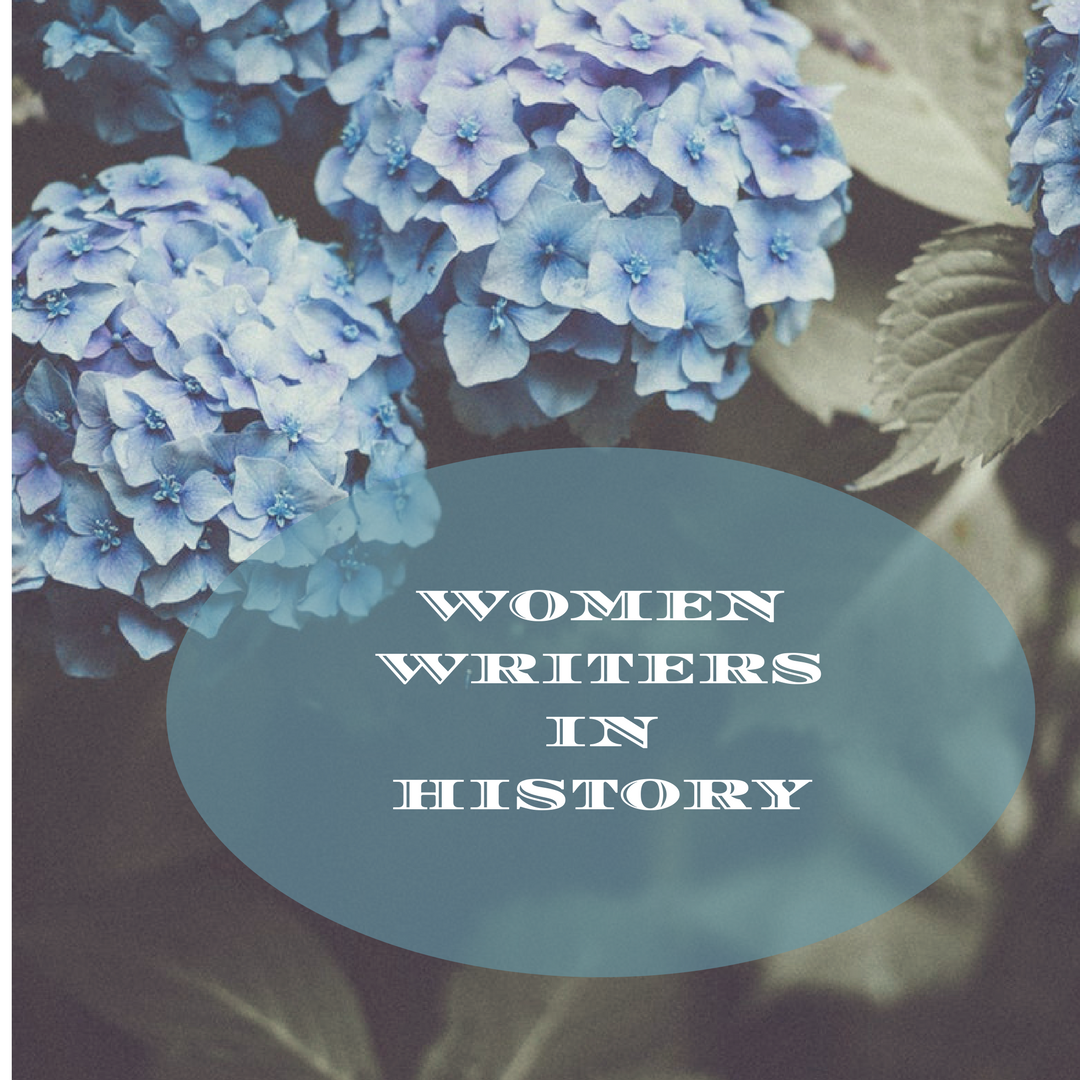
Writers Chat Recap for June, Part Two
Writers Chat, hosted by Jean Wise, Johnnie Alexander, and Bethany Jett, is the show where we talk about all…
June 30, 2019
Writers Chat, hosted by Jean Wise, Johnnie Alexander, and Bethany Jett, is the show where we talk about all…
June 30, 2019
Those of us who write Historical Fiction are drawn to re-imagining the past and reconstructing times gone by. History…
June 20, 2019
Ever have a latte from your favorite coffee shop and they forgot to add a key ingredient? I recently…
May 11, 2019
Valerie Fraser Luesse, the senior travel editor for Southern Living magazine, writes complex historicals deeply rooted in her own…
April 26, 2019
Jane Austen created some of the most memorable characters ever printed on paper. Without doubt, she is one of…
March 20, 2019
Rebecca Lee Crumpler was a pioneer, but not the sort who climbed a weather-beaten prairie wagon, wrapped her work-worn…
February 20, 2019
Roseanna White writes amazing historical fiction with complex plots, unique characters–ie family of reformed grifters in this series–and well-crafted…
November 26, 2018
I enjoy digging into the past, following bunny trails of history, and learning about cultures long interred and nearly…
September 20, 2018
Have you heard the latest outrage in the world of books and publishing? Beloved children’s author, Laura Ingalls Wilder—turns…
August 2, 2018